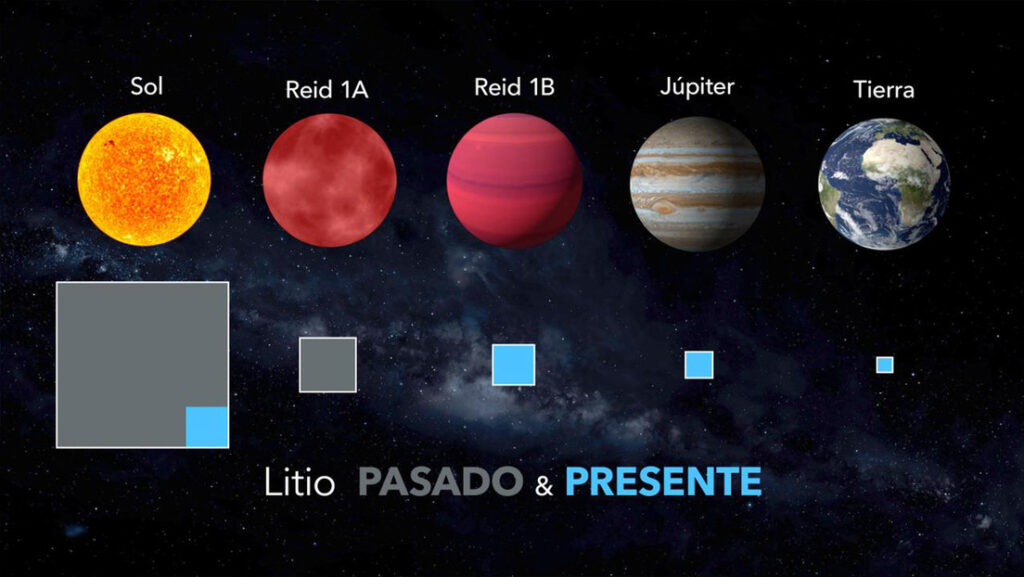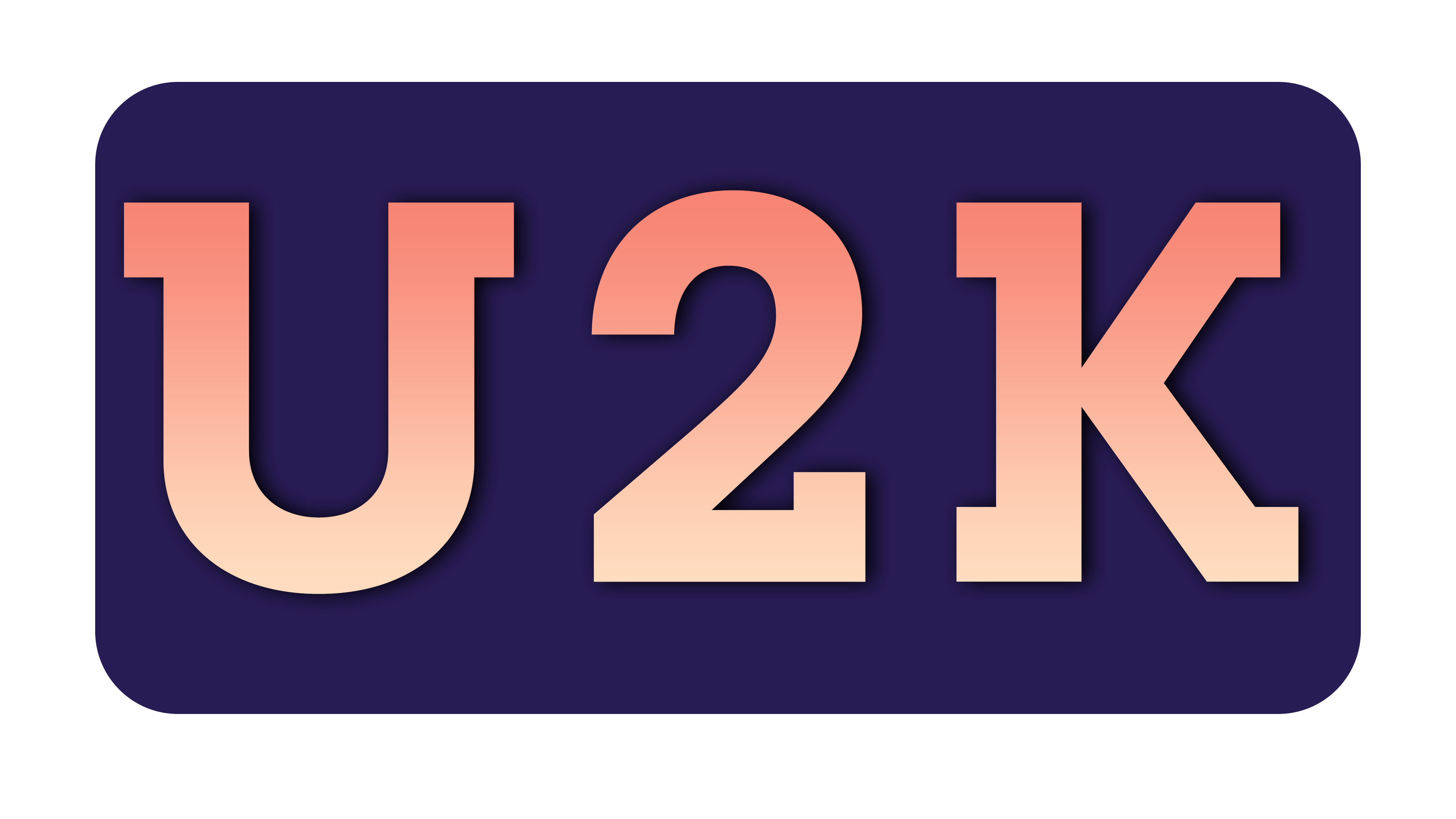IIT-Kharagpur researchers develop no-code 360 VR platform for teachers
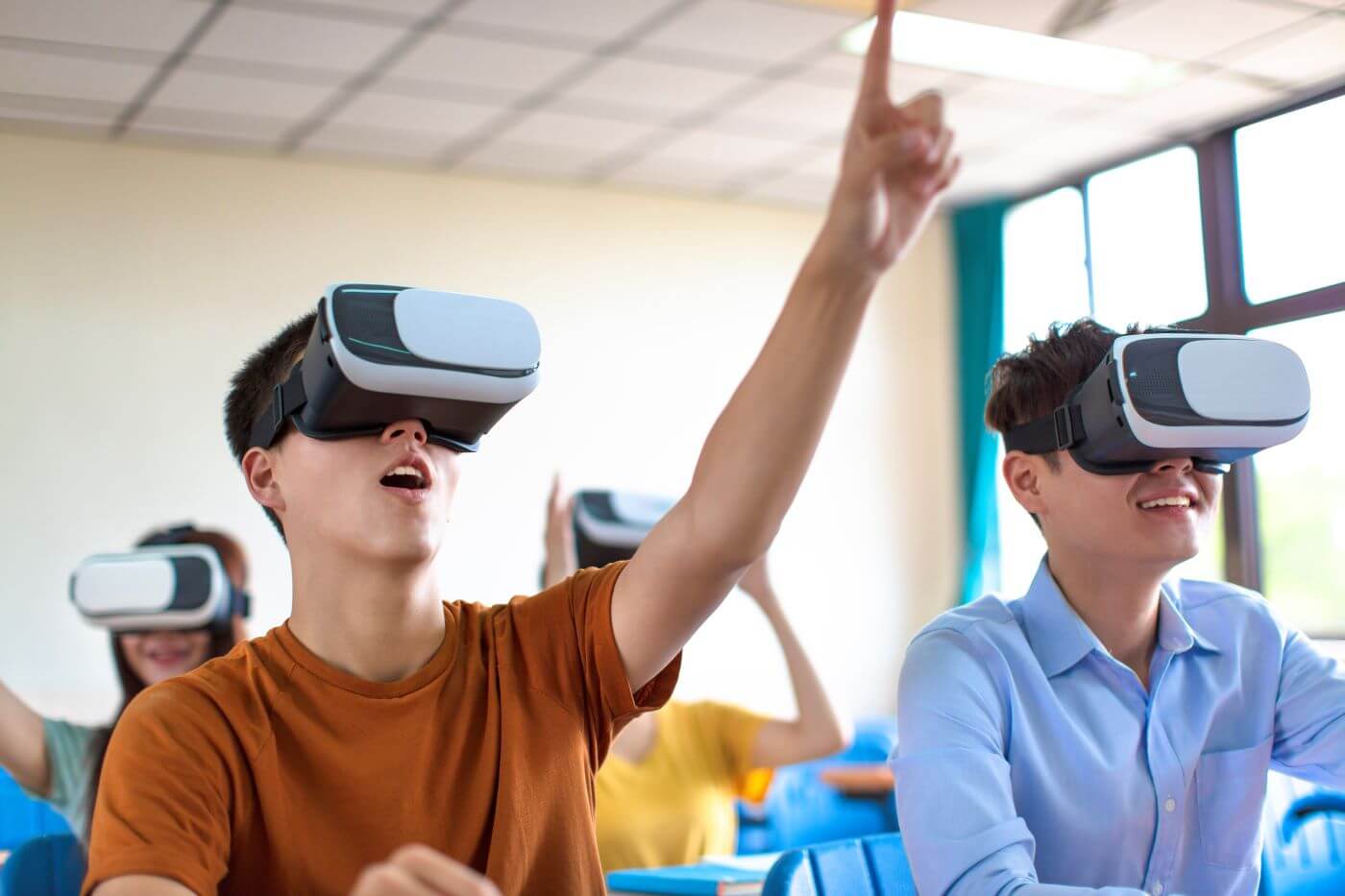
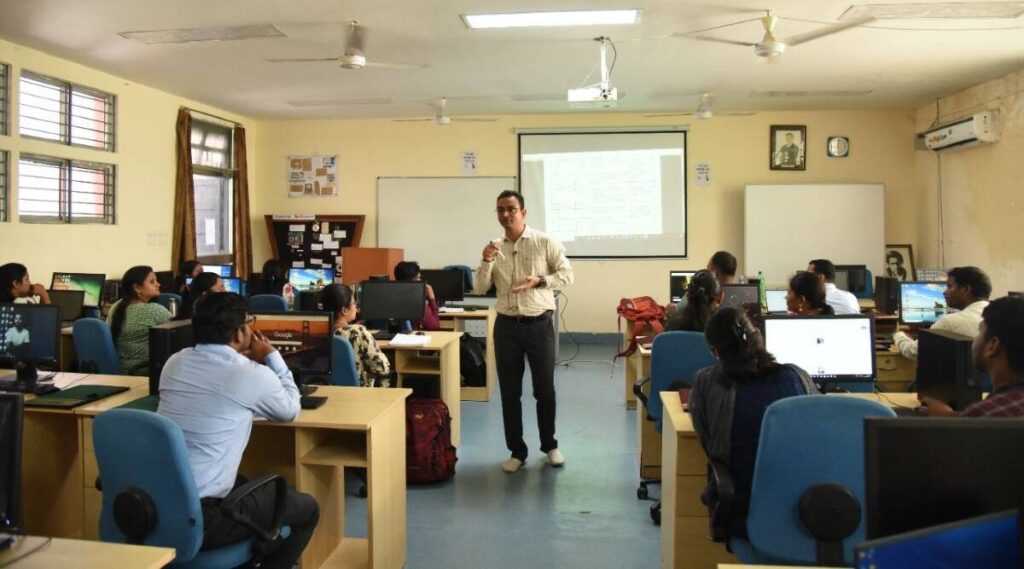
Bhagat recently conducted a two-day workshop at the Regional Institute of Education, Bhubaneswar, Orissa to train school teachers on how to create immersive educational content using the 360 VR educator platform.(Image credit:Kaushal Kumar Bhagat/Linkedin)
Virtual Reality (VR) might be touted as the future of learning, but at the moment teachers find themselves excluded from this ecosystem. This was the fundamental problem a group of IIT-Kharagpur researchers had in mind when they started working on developing a 360-degree VR educator platform.
“The basic problem is that teachers are dependent on others for developing the immersive content. We wanted to change that,” Kaushal Kumar Bhagat, Assistant Professor, Advanced Technology Development Centre, Indian Institute of Technology Kharagpur, told indianexpress.com in a video interview.
Bhagat and a team of researchers got the idea of developing a no-code 360-degree VR platform for teachers during the pandemic after realising that online classes lacked interaction.
“What is the guarantee that a student is really going through the video and understanding the concept,” he questioned, underlining how online classes can be lecture-heavy and sometimes repetitive with no focus on creating a collaborative learning environment.
For Bhagat, VR has the potential to make learning more interactive and immersive through computer-generated graphics in a three-dimensional environment, which is a better medium to solve complex concepts than just reading or hearing them.
But designing content for 360-degree experiences requires a lot of resources, manpower, high configuration workstations as well as access to high-end VR headsets that can go in thousands. From the very beginning, Bhagat who also leads the project which is funded by the Commonwealth of Learning (COL) and Commonwealth Educational Media Centre for Asia (CEMCA), New Delhi, wanted to simplify the process.
It took Bhagat and a team of researchers more than 18 months to develop an open-source 360-degree VR platform specifically designed for teachers and educators. The beauty of the platform is that it requires no prior knowledge of coding, thus making it easy to create new content, often in less than 30 minutes.
“It takes hours to develop immersive VR experiences but for teaching purposes, 360-degree VR content should be easy to develop,” he said.
There are no prerequisite skills needed to develop the VR content. All they need is to shoot photos in 360-degree, follow the instructions, and create a lesson ready to be experienced in VR. Teachers can add audio, create quizzes or bring in gamification elements to make the lesson interesting.
The platform is designed for Android, but can also run on the desktop. With the growing penetration of smartphones in the far-flung areas of the country and the availability of affordable mobile VR headsets, such as the Google Cardboard, students can visualise concepts that are taught in schools. “The degree of immersiveness varies depending on which VR headset you are using, but then the idea has always been to make VR accessible so that a student from rural India can also first-hand experience VR.”
Bhagat recently conducted a two-day workshop at the Regional Institute of Education, Bhubaneswar, Orissa to train school teachers on how to create immersive educational content using the 360 VR educator platform. Similar workshops have been conducted in Cuttack and Malaysia in the past. The 360 VR Educator is already supported by the National Council of Educational Research and Training (NCERT).
The next step, for Bhagat and his team, is to take the 360 VR Educator platform outside India. Since the project is funded by the COL, which has 54 member states, the platform can empower teachers and give them a new way to bridge the gap between theory and practice using VR.
Recent Posts
- Astronomers detect first direct image of black hole expelling a powerful jet
- WhatsApp rolling out ‘reply with message’ feature within call notifications
- Multi-Device Pairing May Be Arriving for Apple Watch this Year
- Artificial Intelligence Discovers Hidden Giant, a Planet 5 Times Larger Than Jupiter
- Google CEO Sundar Pichai Talks Bard & The Future Of Search
Recent Comments

WhatsApp rolling out ‘reply with message’ feature within call notifications
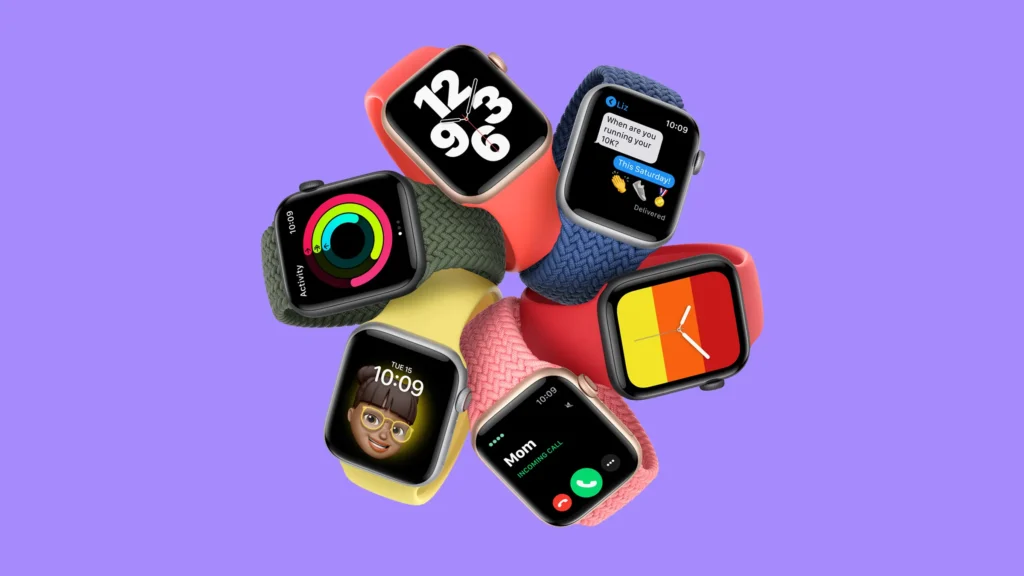
Multi-Device Pairing May Be Arriving for Apple Watch this Year
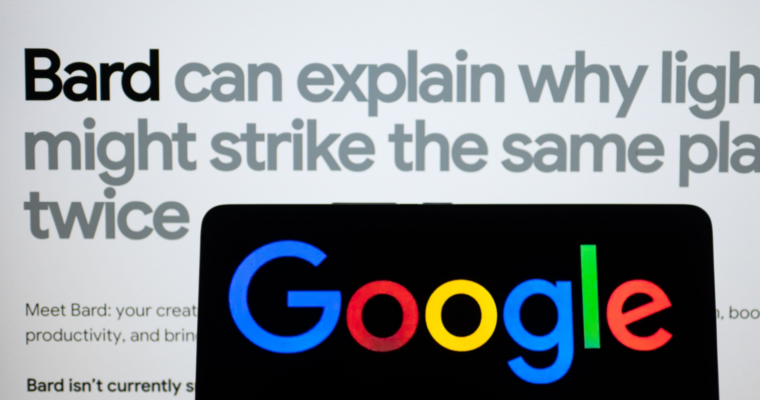
Google CEO Sundar Pichai Talks Bard & The Future Of Search

AMD assures that Ryzen 7 7800X3D is only slightly behind Ryzen 9 7950X3D in games

Astronomers detect first direct image of black hole expelling a powerful jet

WhatsApp rolling out ‘reply with message’ feature within call notifications

Multi-Device Pairing May Be Arriving for Apple Watch this Year
